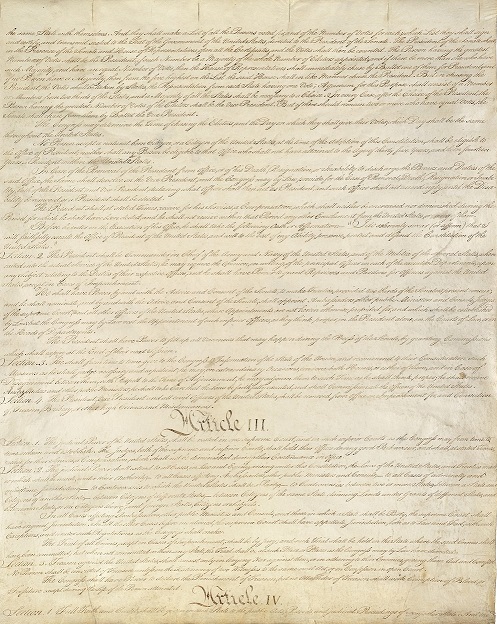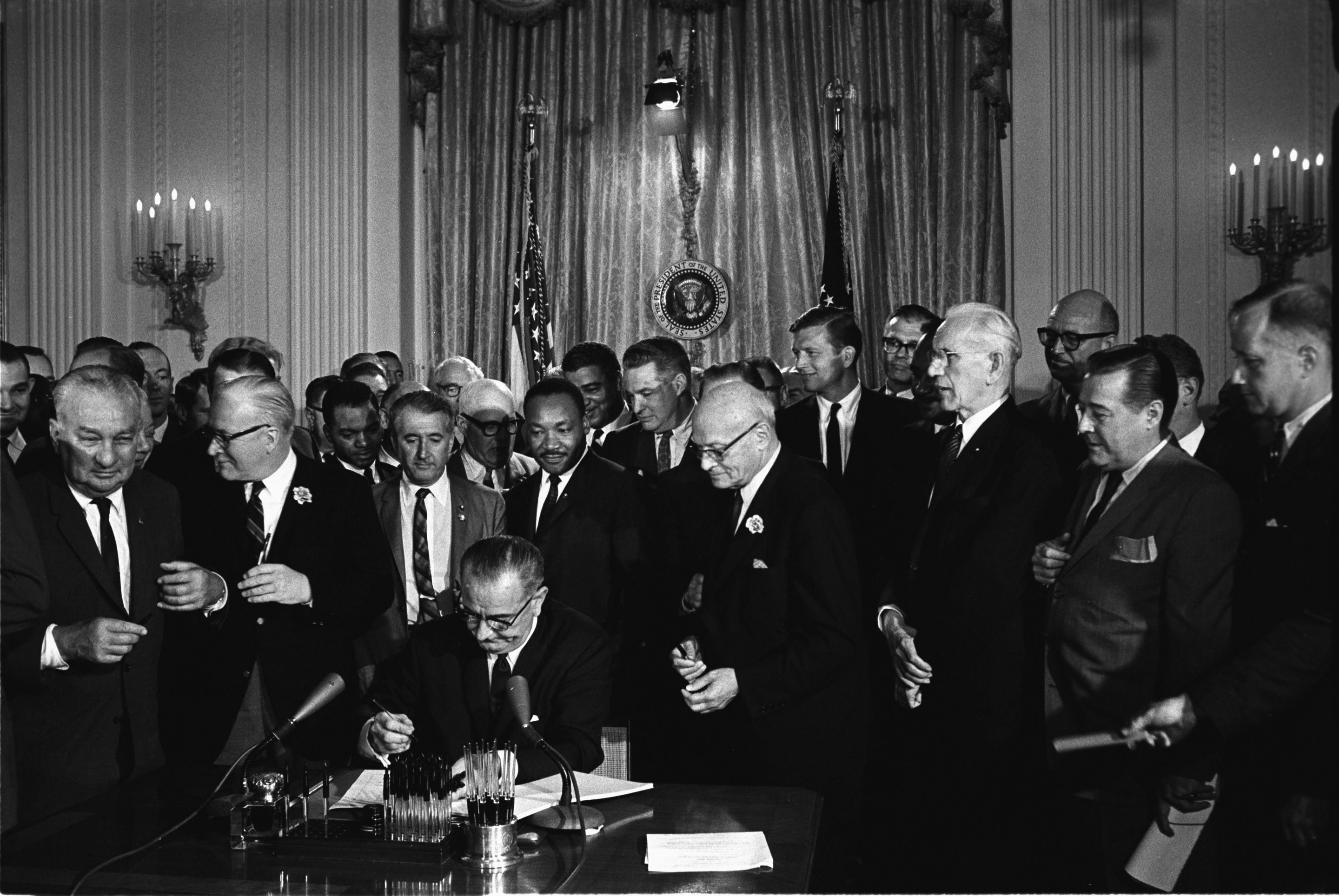On September 10, 2025, Charlie Kirk was assassinated. I wish I had not watched the video that showed the murder. I watched it because I wanted to know if everything that was written about the event was true--because these days it's hard to believe anything I read or hear. However, viewing that video was a mistake. I never imagined the horror.
The confessed murderer--assassin is too polite a term for what the man did--disagreed with Charlie Kirk's speech. Instead of voicing his disagreement, this man shot Charlie Kirk. It was a weak, cowardly, despicable act.
I object to much of Charlie Kirk's speech--the ideas he advanced--but I'm content to be peaceful in my disagreement, to write civilly about my differences. I can be appalled, horrified, by what happened to Charlie Kirk and still object to his speech. From what I've read in the last few days, Charlie Kirk would welcome my disagreement and would try to change my mind.
What is it that I found offensive about Charlie Kirk's speech? What is it that made him a controversial figure? There's a lot, so very much. One area where we would agree is the need for civil discourse, the need to talk about disagreement and not engage in violence. The gap between Charlie Kirk's idea of right and wrong, and my idea is more like a chasm. Likewise, there is a gulf between what he believed the Constitution allowed and disallowed, and what I believe that document provides for.
 I have a right to speak about my disagreement here. I have a right that Charlie Kirk endorsed. It would be wrong, according to this young man, to force me to agree with him, to force me to fall in line. By voicing my disagreement I am honoring his memory.
I have a right to speak about my disagreement here. I have a right that Charlie Kirk endorsed. It would be wrong, according to this young man, to force me to agree with him, to force me to fall in line. By voicing my disagreement I am honoring his memory.
It came to my attention (to everybody's attention?) that Congress floated a resolution to honor Charlie Kirk's memory. It also came to my attention that many in Congress demurred and would not sign onto the wording of that resolution. What did it say?
Mostly it said what most of us would agree on: it extended sympathy to his family. It condemned violence; it endorsed free speech. Buried in these what I consider to be statements of universal truth, were a few land mines. In its preamble it asserted that Charlie Kirk sought to 'elevate truth, foster understanding, and strengthen the republic'.
What if the representatives in Congress didn't believe that he spoke the truth, and they didn't believe that he tried to foster understanding? For example, he said of four prominent black women (Michelle Obama, Sheila Jackson Lee, Ketanji Brown Jackson, and Joy Reid): " You do not have the brain processing power to otherwise be taken really seriously. You had to go steal a white person's slot to go be taken somewhat seriously." One can see how some might think this statement was not true. They might think it did not foster understanding. In the view of many people, Charlie Kirk's statement was hurtful and highly divisive. I personally find it to be so. One can see how congressional representatives would not want to endorse such sentiments.
By declining to sign on to the resolution the representatives were exerting their right to free speech.
Did Charlie Kirk strengthen, or try to strengthen the republic? I guess the answer to that depends on how we view our republic. In his view, strides toward equal justice harmed the country. He said that Martin Luther King, advocate for peace and harmony between the races, was a bad guy. You can see why some congressional representatives might think his point of view weakened the republic.
In my view, our republic is stronger when we all live together in harmony. Not only did Charlie Kirk devalue the worth of Martin Luther King, but he thought the landmark Civil Rights Act of 1964 was a mistake.
Let me pause for a moment here for a personal anecdote as I share the importance of that statute in my own life.
When I was hired for a government job in 1970, I found the papers that had been cut for my job did not describe the position I had applied for and accepted. These papers mentioned a position that was like mine. However, the job title had a suffix added to it, 'ess'. What did that mean, I asked after a few weeks had passed. I was told the position was designed exclusively for women. That position had been carved out of the other job, the one men could hold. The job for women had limited functions and limited promotion potential.
The situation didn't seem right to me at all. It seemed downright discriminatory. I said, in response to their explanation, that they were in violation of the Civil Rights Act of 1964, and I threatened to sue on that basis.

Here is the wording from the relevant clause in the statute as it applied to my hiring (Title VII, Section 703):
(a) It shall be an unlawful employment practice for an employer– (1) to fail or refuse to hire or to discharge any individual, or otherwise to discriminate against any individual with respect to his compensation, terms, conditions, or privileges of employment, because of such individual’s race, color, religion, sex, or national origin; or (2) to limit, segregate, or classify his employees in any way which would deprive or tend to deprive any individual of employment opportunities or otherwise adversely affect his status as an employee, because of such individual’s race, color, religion, sex, or national origin
One of Charlie Kirk's assertions in referring to the Civil Rights Act of 1964 was that passage had led to a “permanent DEI-type bureaucracy". More accurately, one could say that when I was hired, men were benefiting from a DEI-type bureaucracy. The Civil Rights Act simply tried to level the playing field.
I was super qualified for that job, the job for which I had applied, and was more qualified than many of my peers. Many of them didn't have a college degree and many couldn't speak any foreign languages, which were important on that job. I claimed both qualifications.
The result of my complaint was that the 'ess' job was eliminated and I was given the position I had applied for.
The Civil Rights Act of 1964 is a sweeping law, with protections for millions of people, people of all races, all backgrounds. I'm grateful for it. That law, in my opinion, strengthens the republic, at least the kind of republic promised in the Declaration of Independence, one that offers life, liberty and the pursuit of happiness.
Going back to the Congressional Resolution, we can see where it was difficult for many representatives to sign on, as it was written. The resolution should simply have been a document that expressed grief at his passing and that extended sympathy to the family. However, as written, the statement was politicized. It included value-weighted words that not everyone could honestly agree with.
Today, in this post, I offer my condolences to Charlie Kirk's family. I grieve that this young man was struck down in the prime of his life. I reject the hatred the murderer felt. I affirm the value of Charlie Kirk's approach to disagreement. He believed in dialogue, and in peaceful persuasion.
I will resist, probably for the rest of my life, many of Charlie Kirk's teachings, but I will not resist his message of peace. I will not resist his message of discourse. I wish his family well. I wish for his wife continued passionate pursuit of his causes. I heard today that she rejects revenge. I applaud her, and admire her position. I hope her behavior sets an example for everyone who admired the principles espoused by Charlie Kirk.
IMAGES Constitution Wikimages from Pixabay
Lyndon Johnson Lyndon Johnson signing the Civil Rights Act of 1964